cluster headache Treatment
Overview
Cluster Period Characteristics
- Headaches occur daily, sometimes countless times a day.
- An episode might last anywhere from 15 mins to three hours.
- The episodes frequently happen at the same time every day.
- Most attacks occur at night, 1 to 2 hours after bed.
- The pain disappears as swiftly as it began, with the intensity suddenly decreasing. Most people are pain-free yet fatigued after an attack.
Cluster Headache Symptoms
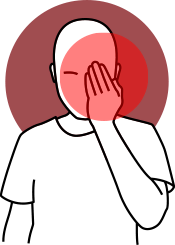
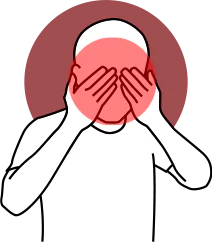
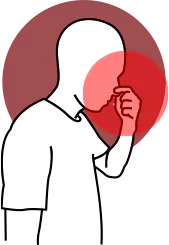
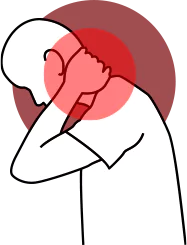
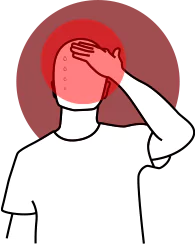


Get Tailored Plans For Your Cluster Headaches
Contact us today to get relief from the intense pain of cluster headaches. Schedule a consultation for personalized care.
Cluster Headache Diagnosis
Neurological Examination
Imaging tests
MRI
CT Scan
Your Padda Institute Care Team
The Team Approach
You might be evaluated and treated by a team of Padda Institute neurologists in addition to your treating physician.
Individualised Care
Choosing the right treatment for you is a team effort between you and the doctors at Padda Institute. There is no cure for cluster headaches, but doctors will help you manage them.
Care Coordination
Coordinating your medical care will be done by your doctor and your primary doctor.
Research at the Padda Institute has made significant advances in the understanding of different types of headaches. At Padda Institute, cluster headache specialists treat many people each year to live the life they deserve.
Send A Message
Frequently Asked Questions
Cluster headaches can be extremely painful, but they are not fatal. However, they are detrimental to a person’s quality of life and can occasionally result in anxiety and/or depressive disorders, particularly if the headaches cannot be controlled by medicine or other treatments.
Less than 1% of people have cluster headaches. Men experience them at much higher rates than women. Cluster headache attacks appear to be most common among middle-aged persons.
It’s important for those who experience cluster headaches to take their prescribed drugs at the times and doses advised by their doctor. Such people should recognize and stay away from all possible triggers.
Cluster headaches are categorized by the International Headache Society (IHS) as episodic (recurring in cycles) or chronic headaches (long-term without significant breaks).
Certain factors that can trigger cluster headaches are:
- Stress, relaxation
- hot or cold environments
- glare,
- hay fever
- sexual activity
- Sometimes eating specific foods can trigger them
- Cluster headaches worsened by tobacco or alcohol containing products
A cluster headache episode is a sudden occurrence. The discomfort normally gets worse within a few minutes, but episodes can last upto 3 hours. Contrary to migraine, cluster headaches do not come with auras (visual or other sensory disturbances), hence most patients have little to no notice before one occurs. Cluster headaches differ from other types of headaches in that they frequently start when a person is asleep.
